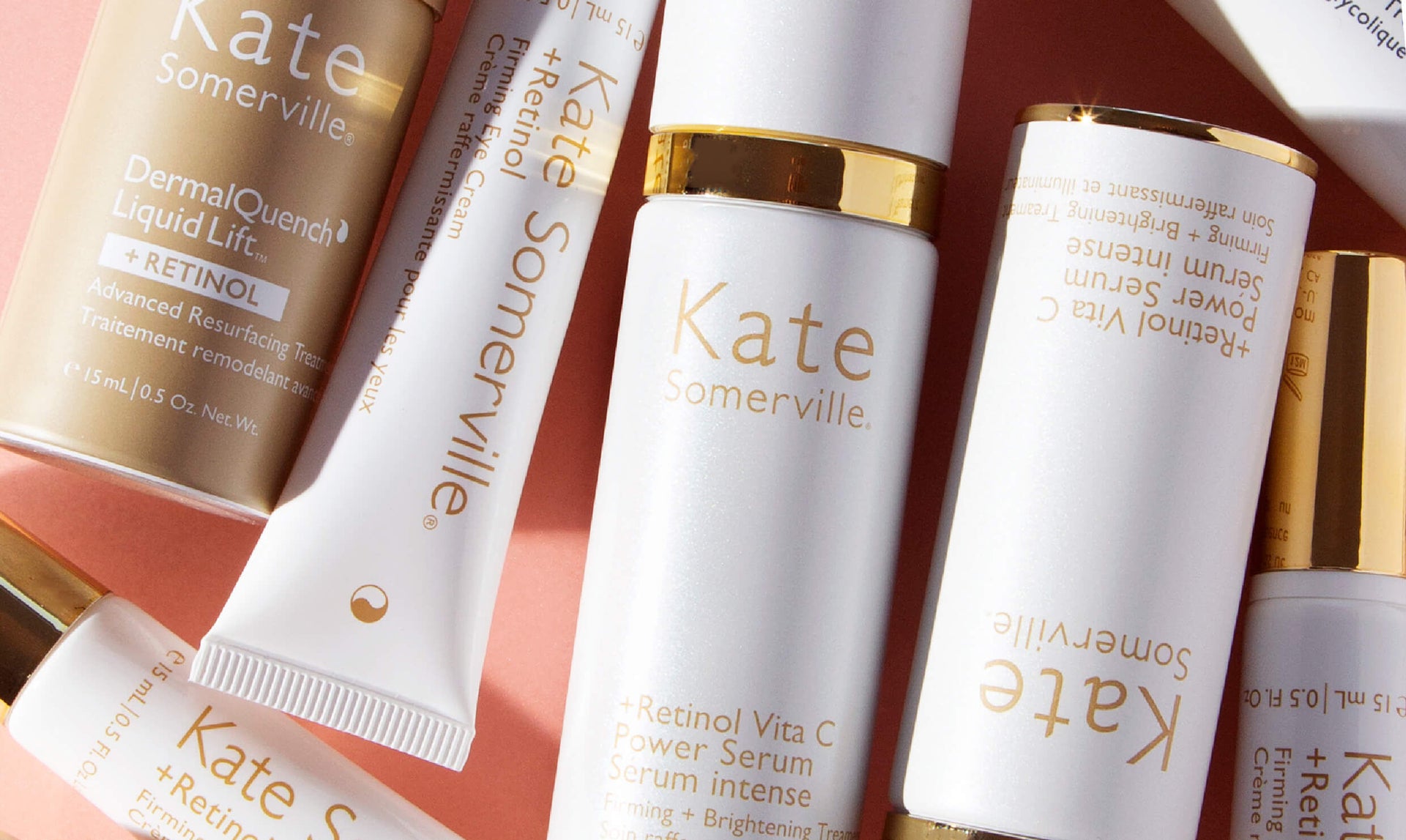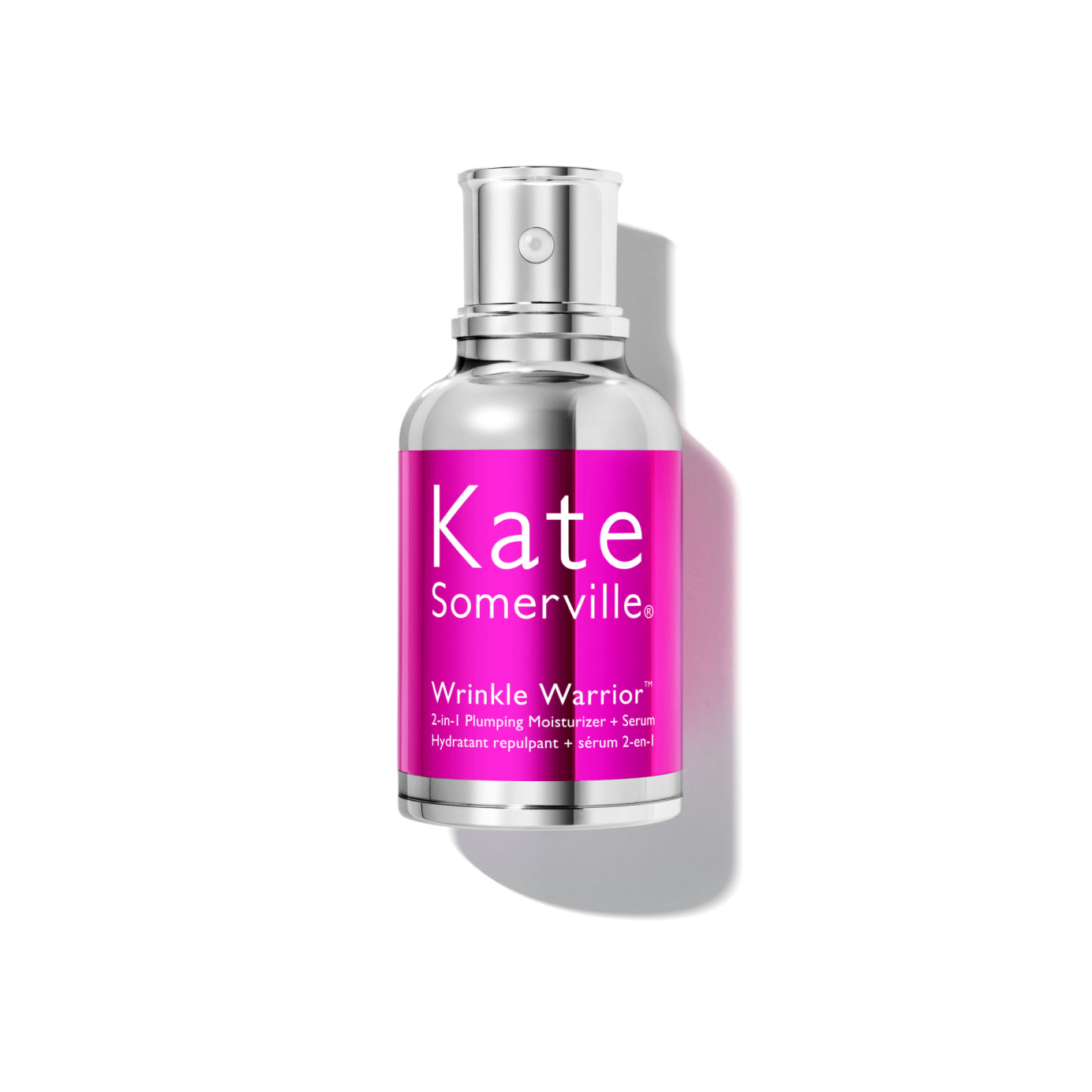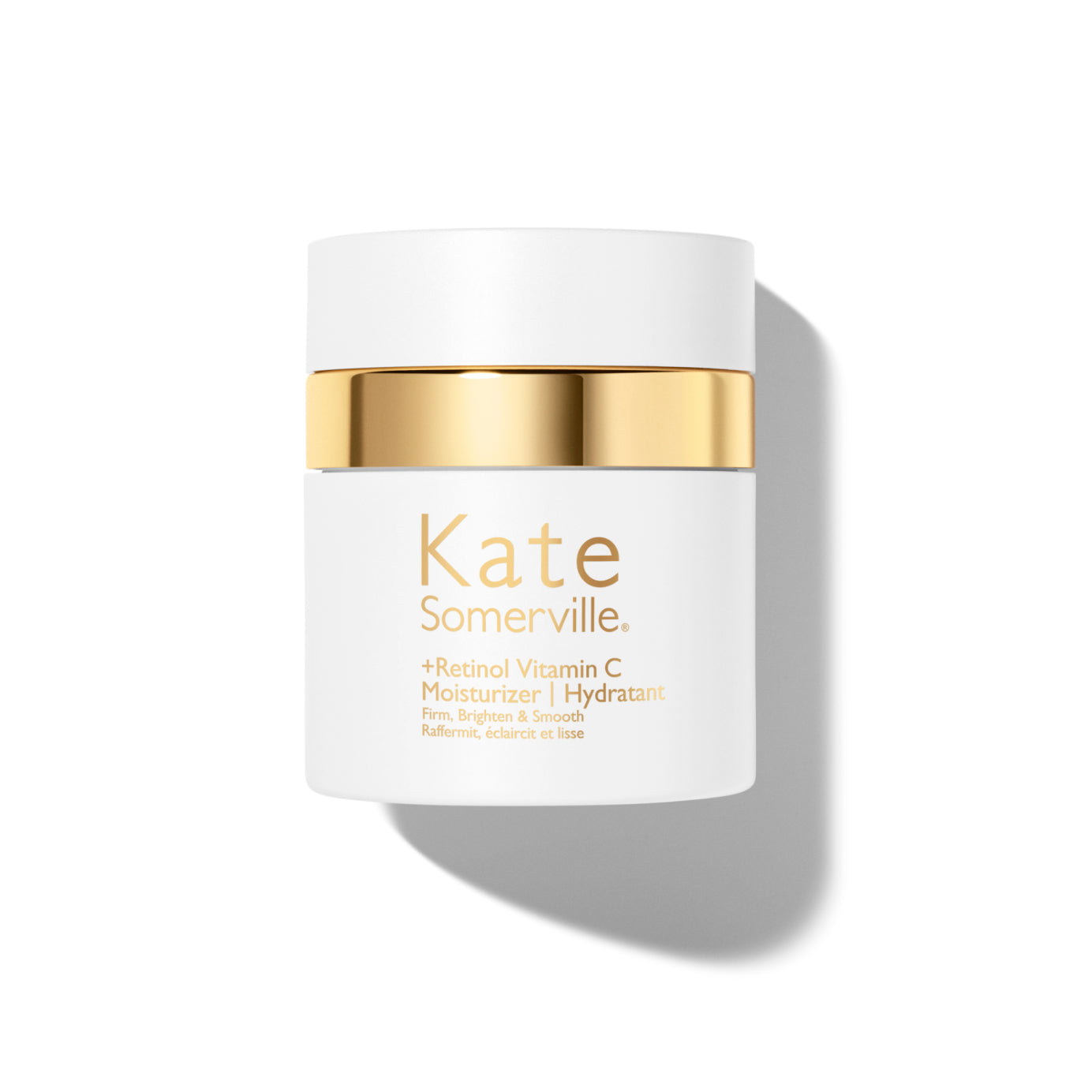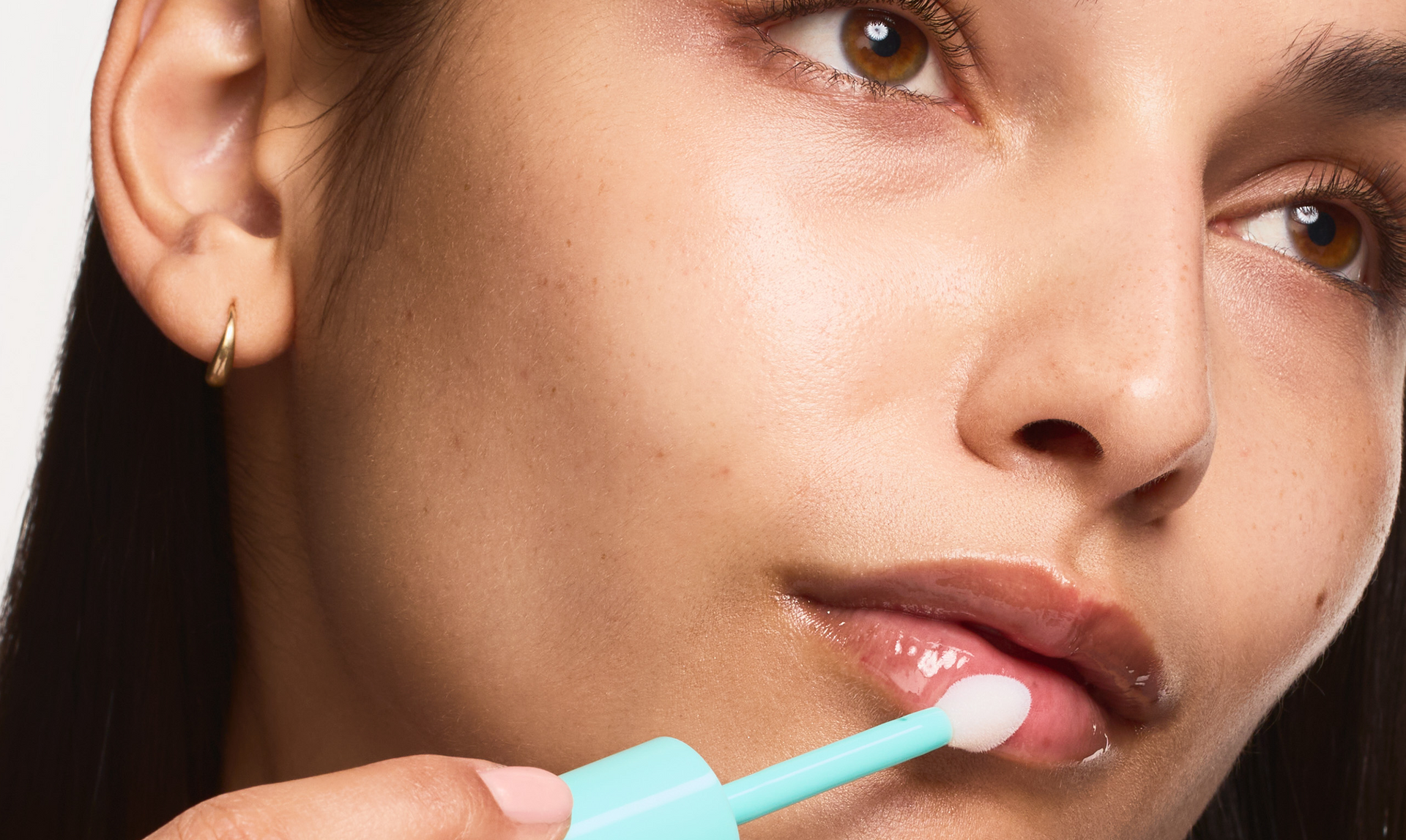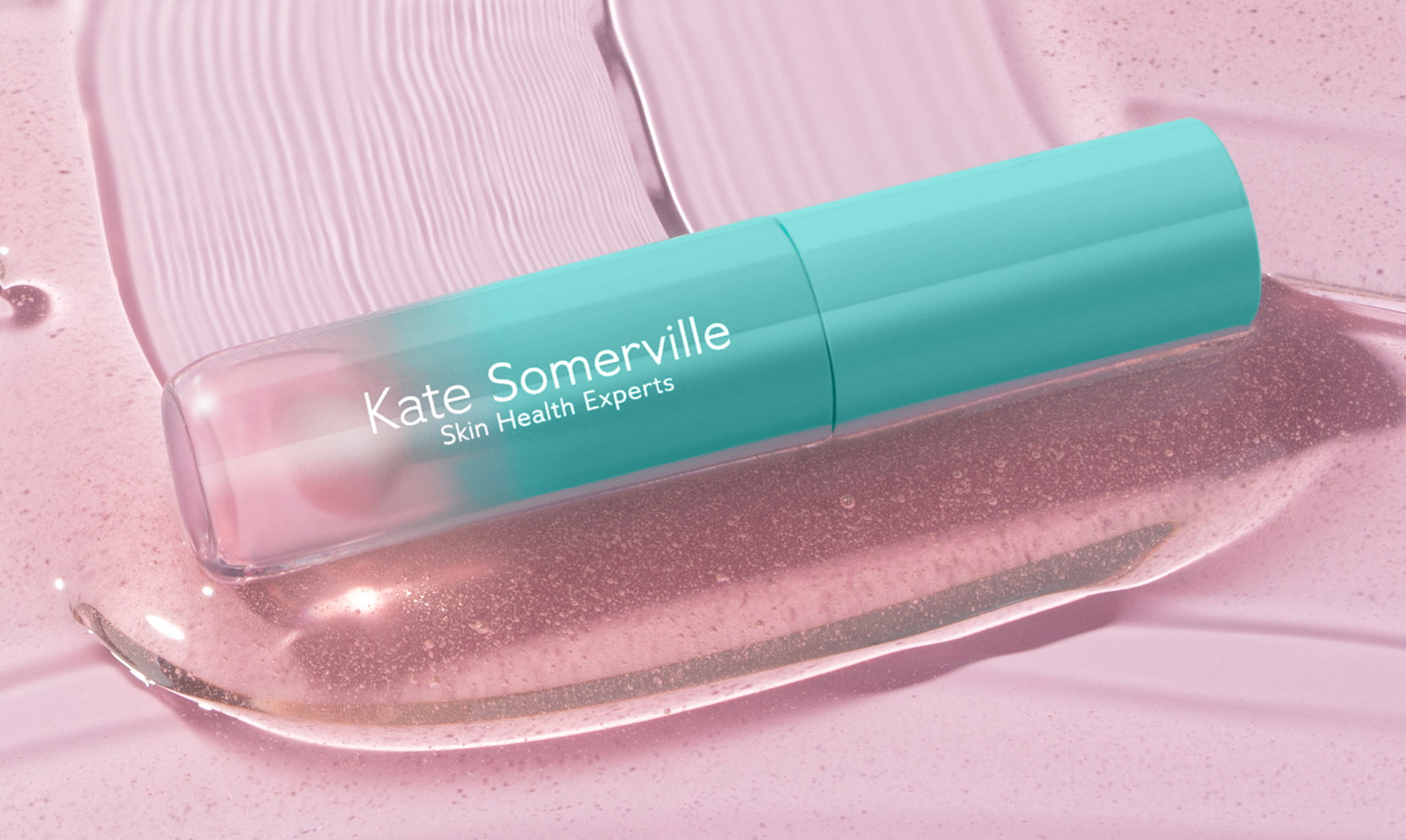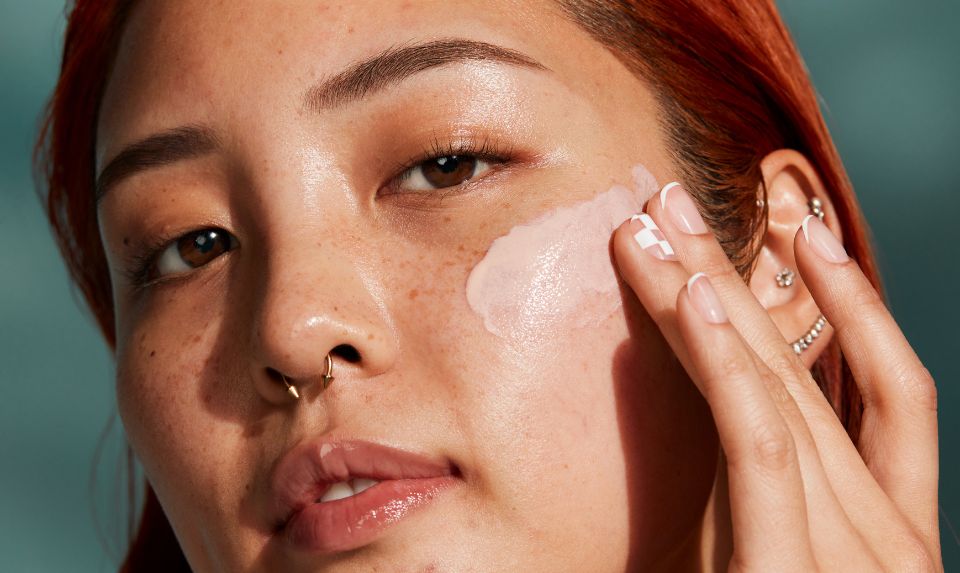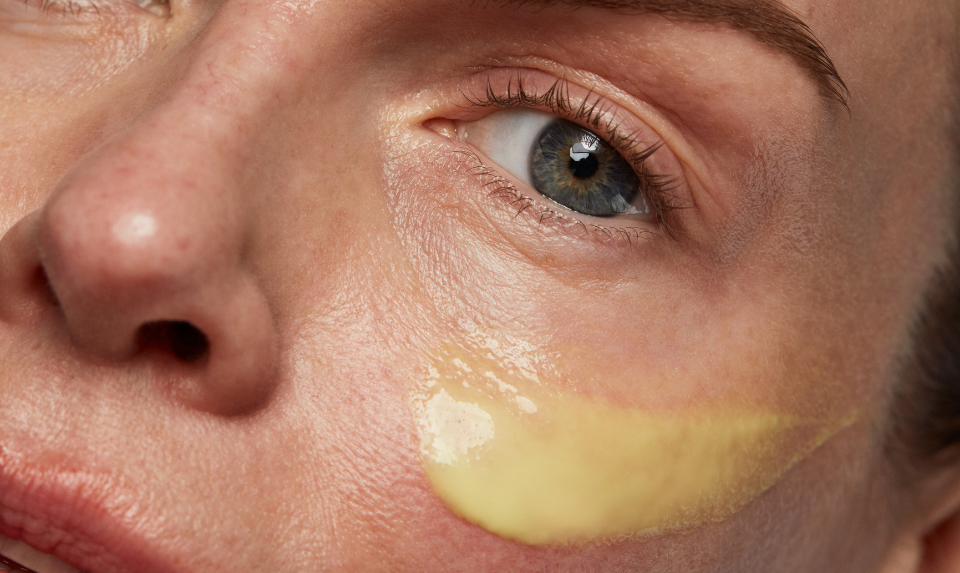As we age, so does our skin. This usually means a loss of firmness that results in sagging and wrinkling that many women would rather not even think about let alone experience. This fear propels many women to reach for products that promise to be the best skin firming cream available and slather it on their face in the hopes that it can help turn back time. But becoming more informed about the specific ingredients that help combat the effects of aging will help you select a premium skin care product that will actually work.
What is an Active Ingredient?
Generally speaking, active ingredients in skincare are those that deliver the benefits promised on the product’s label. Every product, even natural ones, contains some sort of active ingredient, though the strength will vary depending on the type and brand of the product you select. These ingredients are what makes each product effective at delivering its proposed results. So if a serum says its brightening, it probably has an ingredient like vitamin C which can help achieve this result.
Thankfully, the U.S. Food & Drug Administration (FDA) requires every brand to list a product’s ingredients on its label in the order of prominence within the formula [1], and in certain cases to specifically call out some active ingredients and their strengths. This is especially helpful to identify specific ingredients that you would like to use or avoid.
The Best Skin Firming Ingredients
Regularly wearing sunscreen and maintaining a healthy lifestyle are some of the best ways to prevent premature aging of your skin, but there are also a variety of over-the-counter ingredients you can use that help firm, tone, and tighten your skin. Kate Somerville Skin Expert, Kelly Viavattine sat down with us to share some of her favorite skin tightening ingredients that can help transform your skin.
Peptides
One of the main symptoms of aging is a loss of resiliency that results in sagging skin and wrinkles. Peptides are short chains of amino acids, which when applied topically help moisturize the skin and minimize the visible effects of photodamage such as hyperpigmentation or dark spots [2]. Plus, they are gentle enough to use as part of an everyday skincare regimen that will hydrate and nourish your skin.
Kate Somerville’s Kx Active Concentrates Bio-Mimicking Peptides Serum is a great way to incorporate peptides into your existing routine whether on its own or mixed with another product. In an independent clinical study, 94% of women saw significant improvement in the appearance of fine lines and wrinkles after just one use of the serum! Talk about effective.
Caffeine
Yes, caffeine can be your morning pick me up in more than one way. Applying it to your skin can help stimulate blood flow in the skin, boosting circulation and increasing firmness. For a quick boost of firmness, try a product that contains caffeine [3]. It is most often used in eye creams to decrease puffiness in that area.
Hyaluronic Acid
Hyaluronic acid is a naturally occurring substance in the body and a major component of the connective tissues found in your skin, cartilage, joints, and eyes [4]. It helps to lubricate our joints and support skin formation by filling in structural gaps while delivering nutrients and hydration to the skin. However, natural hyaluronic acid levels in the body begin to decrease as we age, leading to a loss of volume and wrinkles, fine lines, and other visible signs of aging as a result.
When you apply hyaluronic acid to your skin, it can help maintain your current natural levels while preserving your skin’s visible elasticity [5] and moisture levels [6] as you continue to age. In short, hyaluronic acid will help keep your skin looking plump and firm for longer. Check out the Wrinkle Warrior® 2-in-1 Plumping Moisturizer + Serum from Kate Somerville for a powerful blend of three types of hyaluronic acid for noticeably improved skin just 30 minutes after use.
Alpha Lipoic Acid
Alpha lipoic acid is perhaps one of the most underrated skin firming ingredients. As a powerful natural substance, it has many benefits for the skin including energy production in skin cells, reduction of cellular inflammation, and protection of the skin from free radical inflammation [7]. In fact, it is often referred to as the "the universal antioxidant" as it is soluble in both water and fat which helps alpha lipoic acid provide benefits to the interior and exterior of the skin cell’s structure. This process helps to smooth the overall appearance of the skin, reducing the visibility of fine lines and wrinkles while protecting against the aging effects of harmful free radicals.
Retinol
Part of the drug family known as retinoids, retinol is a synthetic derivative of vitamin A that’s widely recognized as one of the most powerful anti-aging ingredients in skincare. Despite its introduction as an acne treatment in the 1970s, researchers quickly discovered its unique ability to even skin tone and minimize the visible signs of aging. Retinol achieves these effects by helping to increase collagen production while stimulating blood vessels in the skin to improve skin tone and complexion [8].
From retinol moisturizers to serums and treatments, this ingredient can work to fade the appearance of dark age spots and soften rough patches of skin with consistent and regular use. Depending on the depth of the wrinkles being treated and the concentration of retinol in your product, it could take three to six months of regular use before seeing improvements. More significant and lasting results may take up to 12 months to take effect.
Given that it is such a powerful ingredient, it is known to cause some irritation when applied to the skin. If you are new to retinol products, we recommend introducing it into your skincare routine once or twice per week, increasing your usage as your skin adapts to the ingredient. This will help you avoid any adverse side effects such as peeling and redness. Should you experience some of these symptoms over time, discontinue using the products immediately and seek out professional advice. You can further minimize adverse reactions by using a gentle cleanser to remove peeling and an oil-free moisturizer to reduce redness. If you have sensitive skin, however, proceed with caution when using retinol and avoid long-term heavy use.
It is also best to apply retinol skin care products at night as they can cause extreme sensitivity to the sun. However, if you choose to apply it in the morning, you must always be sure to wear sunscreen over it and limit your exposure to sunlight as much as possible. This will help to reduce the likelihood of developing an extreme reaction and photodamage.
Clinical Options
Building an effective anti-aging skincare regimen goes beyond at-home products. Working with a professional can help deliver faster results when it comes to aging and saggy skin. This is because clinical treatments incorporate higher concentrations of active ingredients that penetrate deeper into your skin. Here are some of the best facials for anti-aging to talk to your esthetician about:
Classic
This typically consists of cleansing, exfoliating, extractions, a mask, and a moisturizer. It is generally designed to calm and nurture your skin, making it a great choice for those with normal to dry skin. Extractions help to clean out deeply clogged pores, and when combined with exfoliation, it will make your pores appear smaller and your skin more youthful. A classic facial is usually safe for all skin types. However, those who suffer from rosacea or eczema may want to skip the steaming, and possibly extractions altogether, as it could exacerbate those conditions. With the right classic facial, you’ll walk away with skin that feels refreshed and hydrated, giving you a luminous glow.
Anti-Aging
In most cases this is the same as a standard facial but with additional active ingredients and procedures aimed at combating the signs of aging skin. An anti-aging facial will usually consist of cleansing and exfoliation with anti-aging products, skin resurfacing such as microdermabrasion, masks, deep-pore cleansing extractions, and extra hydration elements. Throughout the facial, your esthetician will incorporate antioxidant-heavy serums and ingredients like collagen to help revitalize and repair your saggy skin. Depending on the strength of the ingredients used, however, you may experience some flaking and peeling after your treatment so allow a week or so for your skin to fully heal.
Lymphatic Massage
Often advertised as an add-on to other treatments, lymphatic massages gently knead targeted areas of your face to help relieve tension. It also reduces water retention to minimize puffiness by stimulating the lymphatic glands found in your face [9]. Plus, the massage will help increase circulation and bring blood to the surface of your skin leaving you with a bright, glowing complexion.
Microdermabrasion Microdermabrasion buffs away the top layers of your skin to minimize the appearance of fine lines and wrinkles, acne scars, stretch marks, age spots, blackheads, enlarged pores, and hyperpigmentation [10]. The technique is simple enough, using a handheld instrument to spray tiny crystals onto the surface of your skin to slough away dead skin and then vacuuming it up to reveal a fresh face. It can also help to increase protein production in your skin, resulting in a fuller face and youthful glow. However, your skin will be red and irritated after the procedure so it is best to schedule your appointment a few days before an event.
In reality, growing older is a privilege we should all try to embrace. However, properly caring for you skin with anti-aging products can help you avoid some of the unwanted side effects that come with getting older. Building an effective anti-aging skincare regimen starts by selecting the right skin tightening ingredients for your skin type and specific needs. Learn more about how to create a daily skincare routine.
Looking for the best product or treatment to tighten skin and reduce fine lines? Talk to one of our experienced estheticians today to learn how to get back to your youthful, glowing skin.
Sources:
- https://www.fda.gov/cosmetics/cosmetics-labeling-regulations/cosmetics-labeling-guide
- https://onlinelibrary.wiley.com/doi/full/10.1111/j.1468-2494.2009.00490.x
- Suggs, Amanda, Patricia Oyetakin-White, and Elma D Baron. "Effect of botanicals on inflammation and skin aging: analyzing the evidence." Inflammation & Allergy-Drug Targets (Formerly Current Drug Targets-Inflammation & Allergy) 13.3 (2014): 168-176.
- https://www.frontiersin.org/articles/10.3389/fvets.2019.00192/full
- https://onlinelibrary.wiley.com/doi/abs/10.1111/j.1524-4725.2008.34176.x
- https://www.ncbi.nlm.nih.gov/pmc/articles/PMC3583886/
- https://books.google.com/books?hl=en&lr=&id=tyt_ahJsS4gC&oi=fnd&pg=PA43&dq=Alpha-Lipoic+Acid+skin&ots=ZyAN6cVv2t&sig=CBD2i11C9-KmBPWbnB924mVS0ZQ#v=onepage&q=Alpha-Lipoic%20Acid%20skin&f=false
- https://www.health.harvard.edu/staying-healthy/do-retinoids-really-reduce-wrinkles
- https://www.uhn.ca/PatientsFamilies/Health_Information/Health_Topics/Documents/Do_Lymphatic_Self-massage_Face_Head_Neck.pdf
- https://www.plasticsurgery.org/cosmetic-procedures/microdermabrasion
